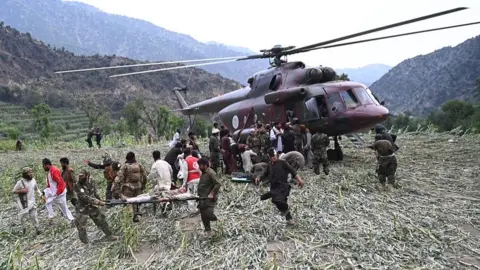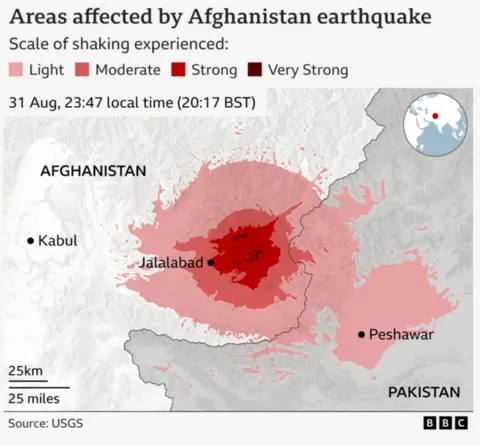On May 4, 2025, a poignant gathering in Dachau, Germany, marked the 80th anniversary of the liberation of the notorious concentration camp by U.S. soldiers during World War II. Among those present were soldiers, survivors, and their families, each sharing their stories that illuminated the dark history of the Holocaust and the significance of remembrance in present times.
Locker Gahs, known informally as Bud, was one of the American liberators who entered the camp as a 20-year-old in 1945 with the 42nd Infantry Division. After experiencing intense fighting in France, he and his unit faced a starkly different reality at Dachau. Gahs reflected on the liberation, stating, “When we opened the gates to Dachau, it was only then I understood what we had been fighting for.” He recounted the horrific scene of emaciated prisoners, illustrating the brutal conditions they endured.
At the memorial ceremony, 101-year-old Jean Lafaurie, a survivor who was arrested in his French village and later imprisoned at Dachau, recounted the torture and inhumane treatment faced by the inmates. His testimony served as a somber reminder of the atrocities committed.
Survivors, liberators, and dignitaries came together at the event, emphasizing the need to remember the past, especially as the remnants of the Nazi era dwindle with the passing of the last witnesses. This anniversary comes at a crucial time, with increased polarization and the rise of far-right sentiments in Germany and beyond, raising concerns about the potential for history to repeat itself.
The commemorative ceremony not only honored those who suffered and those who liberated but also reinforced a collective responsibility to ensure that the lessons learned from the Holocaust are preserved for future generations.



















